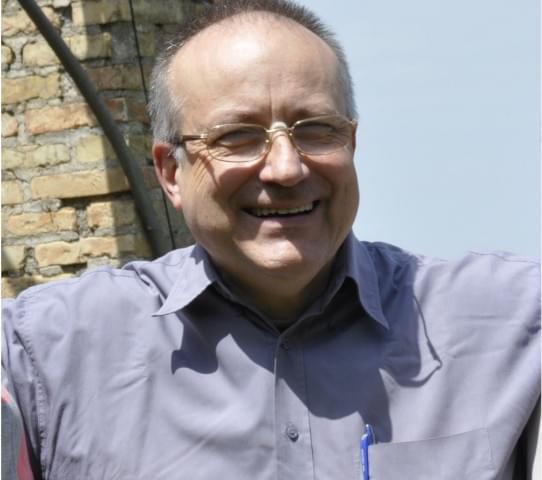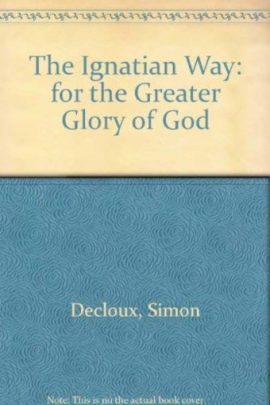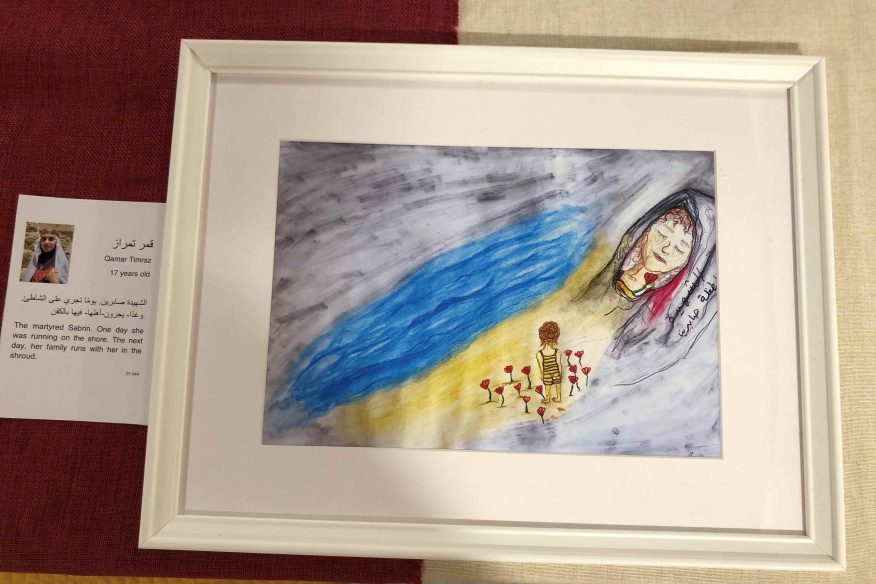Henryk Urban SJ
From bytes to hearts
Math was my great passion. Then, through my sister, I came in contact with the Jesuits. Service to children. Questions about how to spend my life to the fullest.

The discovery of my vocation? A complex process. I wasn’t thinking about consecrated life or even priesthood. Math was my great passion and I wanted to continue my university studies in this direction. I chose to study computer science at the Polytechnic of Krakow and through my older sister I got in touch with the Jesuits.
Service to children and the encounter with the Society
Every Sunday, the scholastics would teach catechesis to the children of the orphanages of Krakow, who during communism were forced to grow up in the most complete atheism. Students were allowed to visit the children during the week, to help them with their homework. Instead, on Sundays the children could go out and take a walk, or in fact attend Mass and a simple catechesis; lunch was included. During the summer period, the children could participate in two-week camps, again coordinated by a Jesuit, accompanied by scholastics and student volunteers. This was how my friendship and acquaintance with the Society began. The pastoral experience with the children was essential. Several students would secretly take part in the catechesis of the children. The heads of the orphanages, after verifying the students’ perseverance and maturity, would allow them to welcome some of the children into their families, for the holidays. In particular, I took care of three boys, two of whom were Roma.
Questions about the future
In doing so, I experienced a progressive involvement with this kind of commitment, which is, definitely, more spiritual than computer work. A slow but steady process. Many questions about the future, about how to spend my life, began to grow in me. The answer came after a spiritual experience of which I still remember the place, day and time. It was the moment when I asked to be admitted into the novitiate.
The mission and its ongoing evolution
The reaction of friends and family was positive and they enthusiastically welcomed the decision. Today, after almost 40 years in the Society, what strikes and amazes me most, as a Jesuit, is the fast speed of changes in the world, in the Church and obviously also in the Society. This requires a constant evaluation of our current commitment, with an outlook on “tomorrow”, which is still unknown. As Darwin pointed out, the species with the greatest probability of surviving in evolution are not the strongest or even the most intelligent, but those that know how to adapt best to the environment in which they live. And, thinking about inculturation, I am convinced that the Society belongs to this species.

